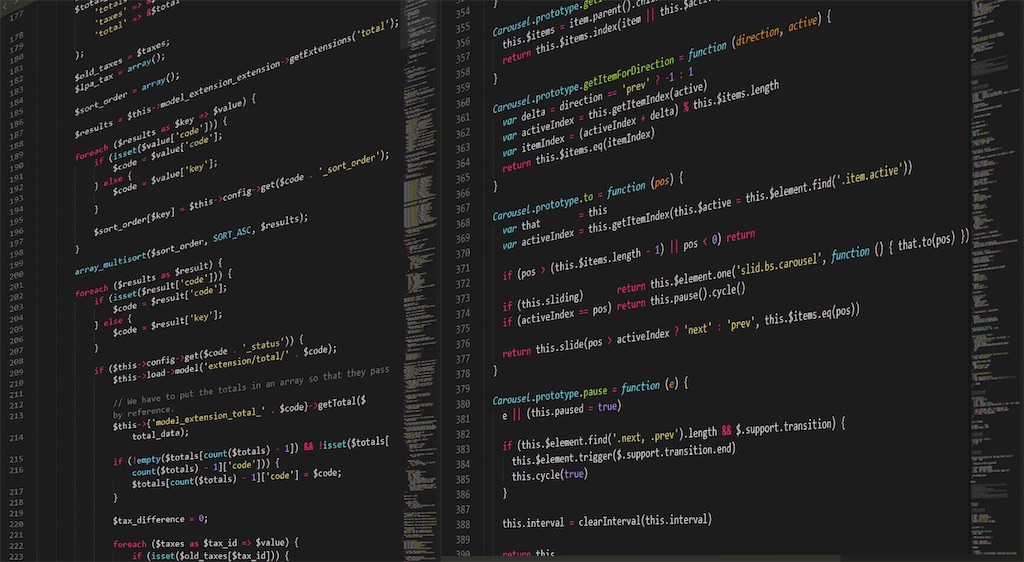Hackers and cybercriminals have become incredibly sophisticated over the past 10 years, and the IT industry has had to adapt to the industry changes as a result. Well-known security advice from the past is not just outdated, but following it can put you even more at risk of a cyber attack.
Here are 5 modern ways to keep your data secure online:
Use a Secure Passphrase
The easiest way for anyone to take control of an online account is to decrypt a password, and then log into the account. For years, most security professionals recommend including capitalized letters, numbers, and symbols in passwords, but frequently these passwords aren’t difficult to decrypt because people tend to follow similar patterns. For example, K4thy!, Appl3!, and M4ng0!, are all examples of easy-to-remember passwords that can easily be hacked.
Harder to decrypt, however, are passphrases: the use of a phrase or sentence in place of a traditional password. For example, the passphrase “Molly Weasley knitted me a Christmas sweater.” is incredibly hard to break because it has been typed as a regular sentence with punctuation. These phrases are the best way to protect your online accounts and are frequently easier to remember than auto-generated passwords.
Enable Two-Step Authentication
Many platforms now have the ability to turn on two-step authentication during login; for most, it’s as simple as typing in a code that is texted to you in order to verify your identity. Another version of two-step authentication is utilizing a secure and encrypted keychain to save your login information while keeping it safe. LastPass is a great option, but Foresight has a free encrypted keychain tool that is available for all clients.
Secure data backup
Regularly backing up your phone and computer to a secure place is a crucial step in keeping your data safe and accessible in the event of a ransomware attack or if a virus takes control of your computer. Once the ransomware or virus has been removed, the secure backup can be restored to your computer, limiting the amount of data loss and downtime that you experience.
Anti-Virus & Anti-Malware
Although used interchangeably, anti-virus and anti-malware programs are two different security products that are available to protect users. To best protect your data from all forms of attacks, it’s best to employ both an anti-virus and an anti-malware program on your computers. Regular scans should be scheduled and allowed to run in order to keep your machine clear of any viruses or malware that may appear.
Utilize privacy settings on social media
As social media has become ingrained in our daily lives, many people do not consider the amount of information that they share with the world or who can access it. To keep your photos and updates as private as possible, you should regularly revisit your privacy settings for each social media network that you use.
Facebook has a Privacy Checkup tool that will walk you through their settings step by step, and both Twitter and Instagram will allow you to lock your account so that you choose who can follow you and see your information.
Constant vigilance is the key to keeping yourself safe online, and following these 5 tips for keeping your data secure online will train your brain to always put internet safety first.
Does your business need a disaster recovery plan to keep data secure? Contact Foresight for a personalized solution today!


